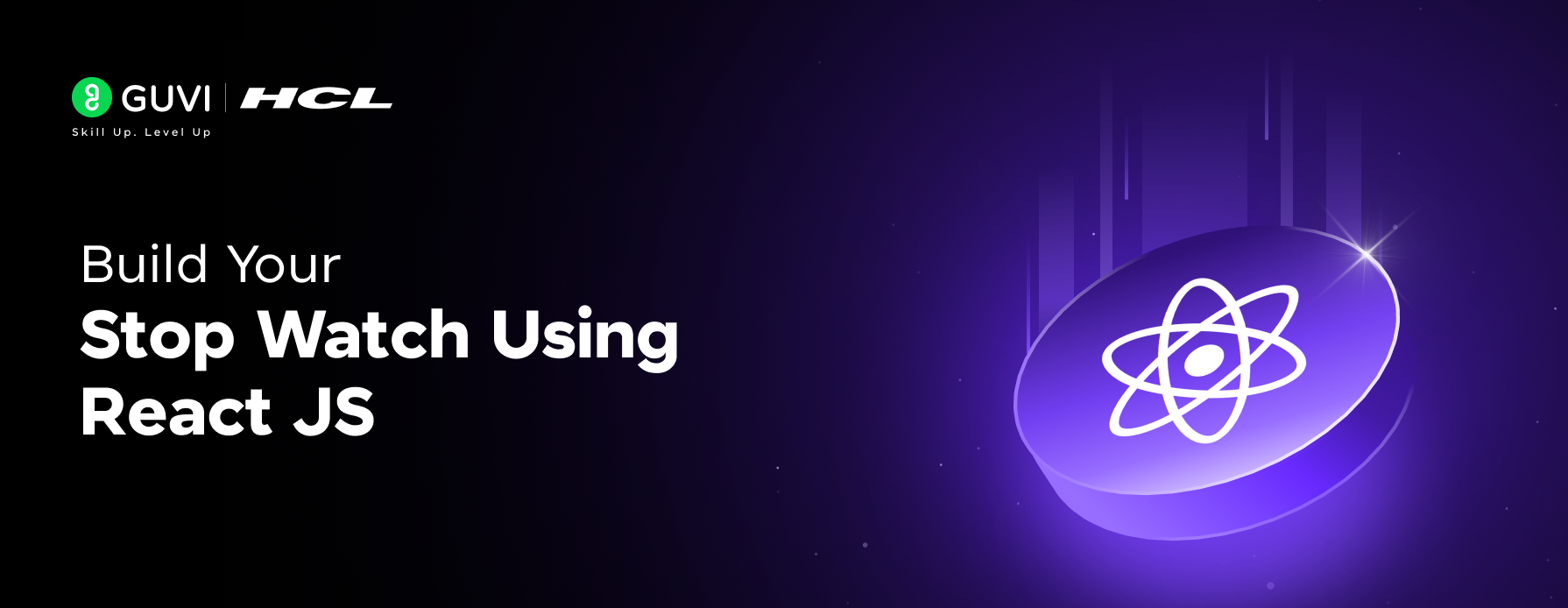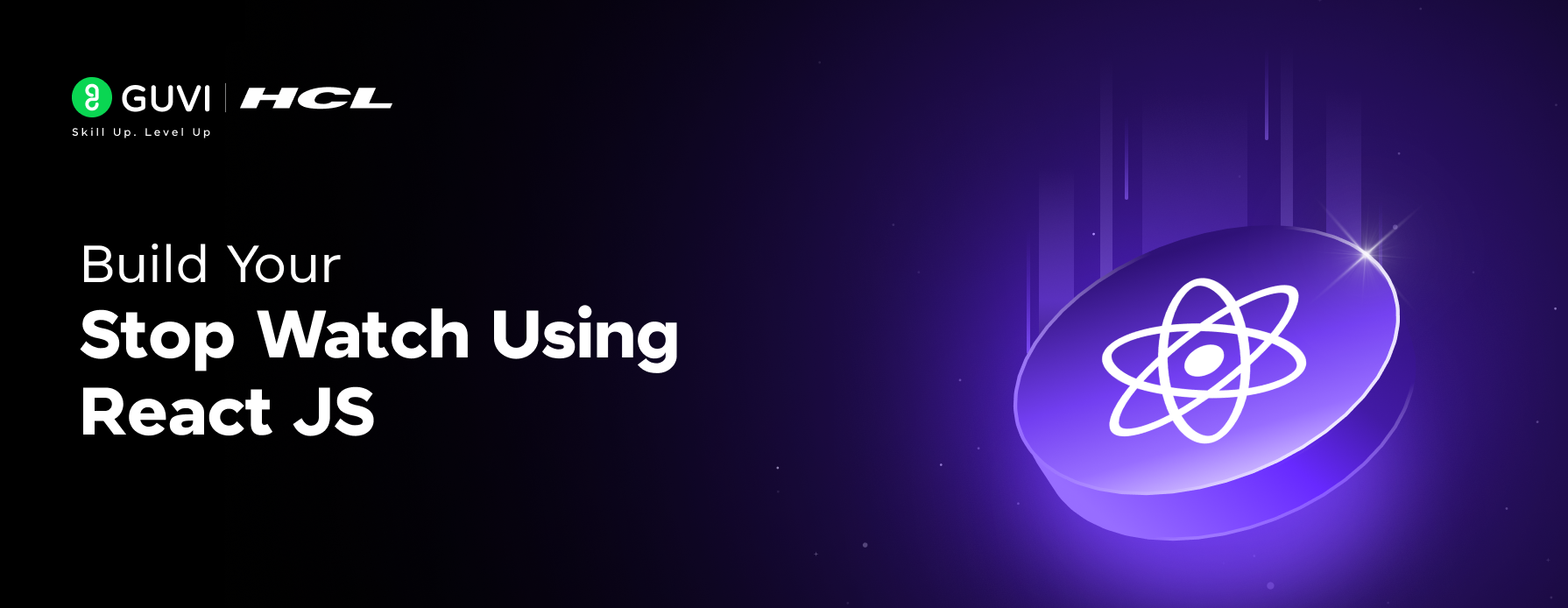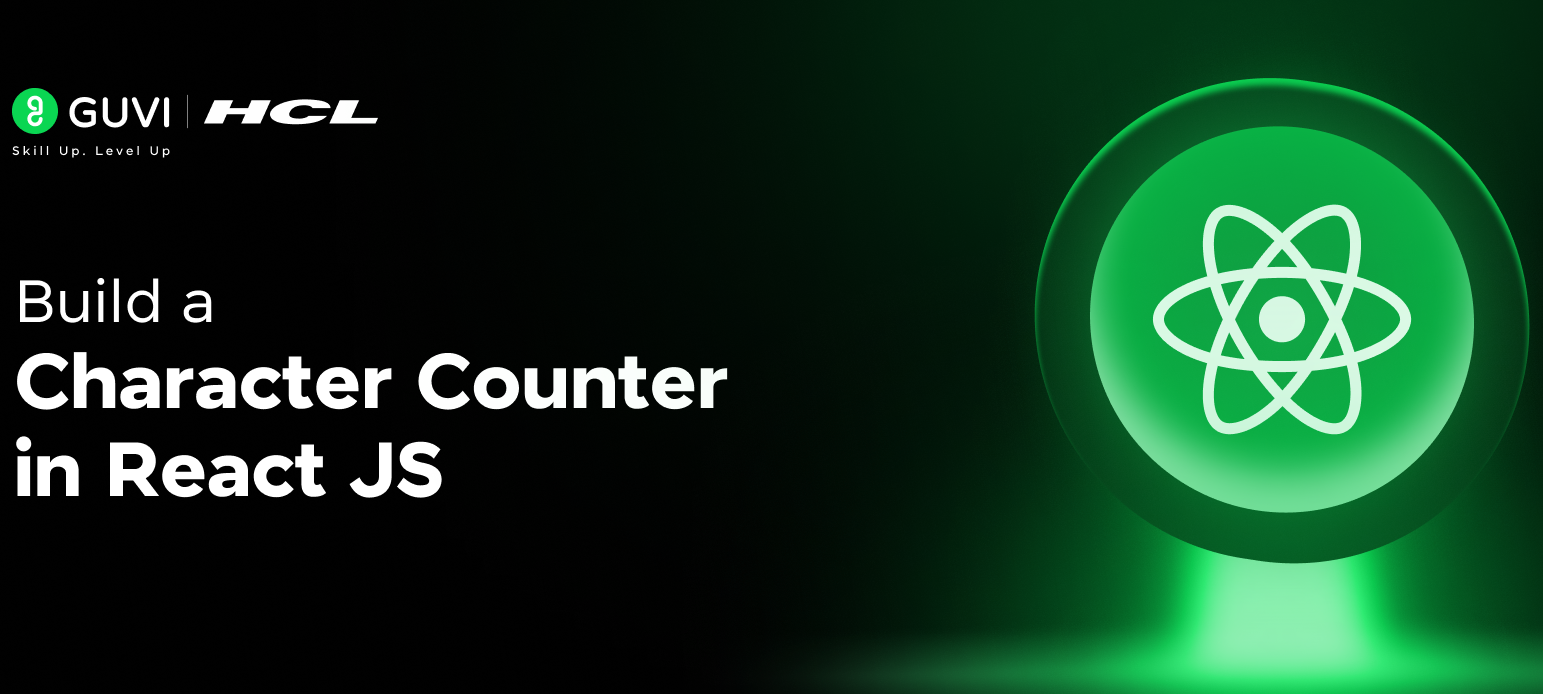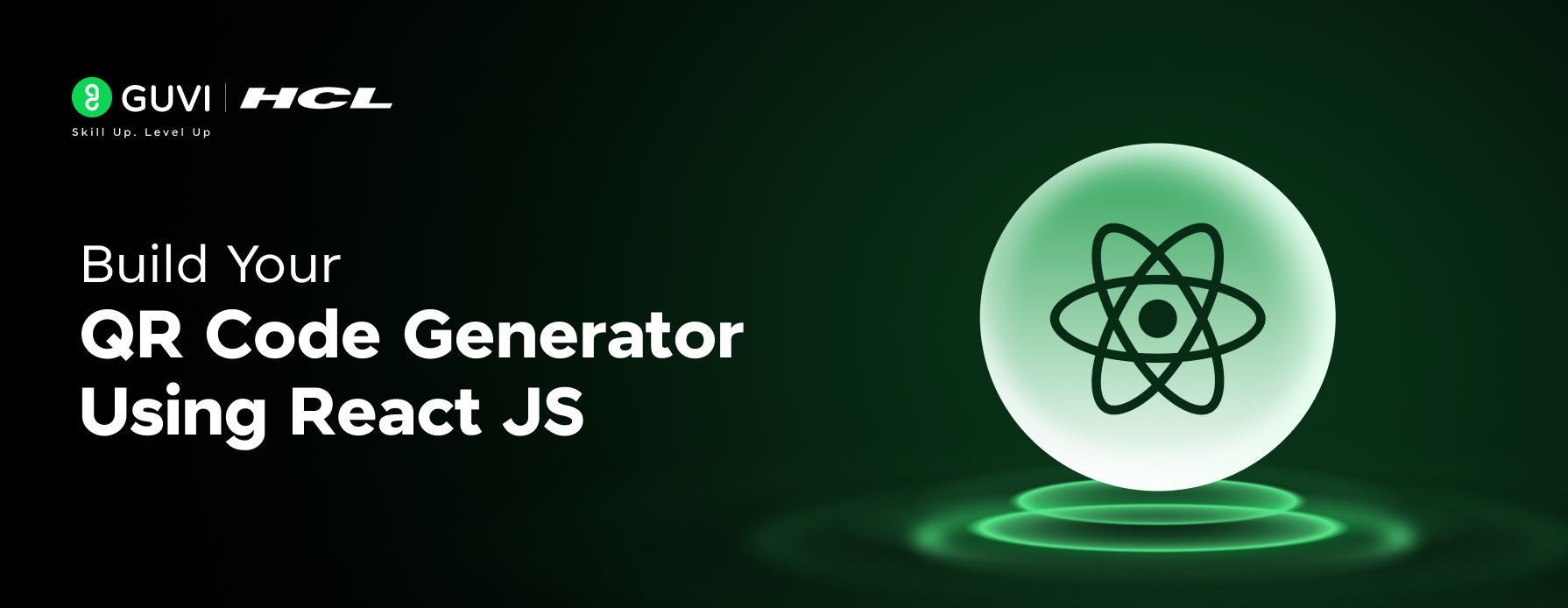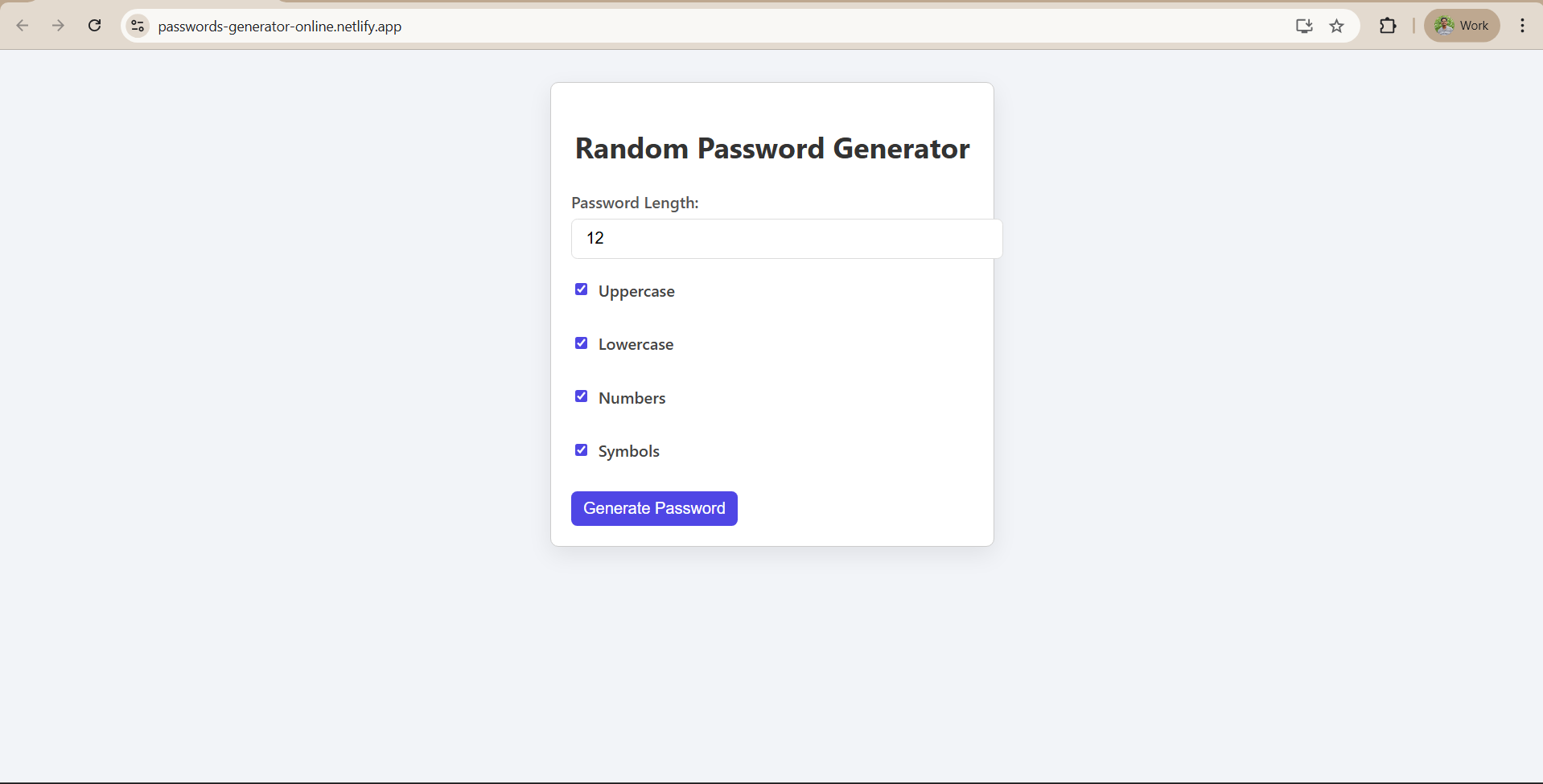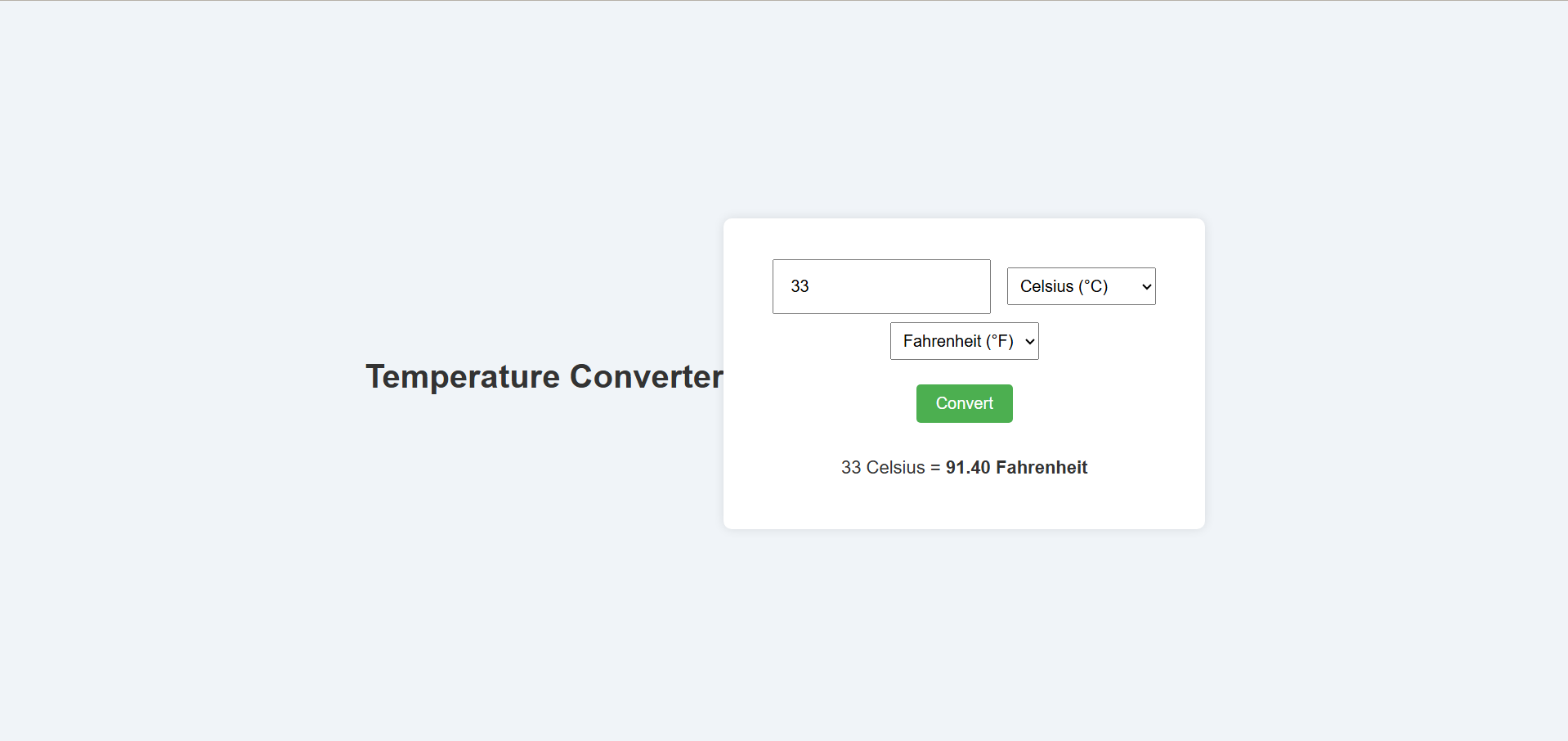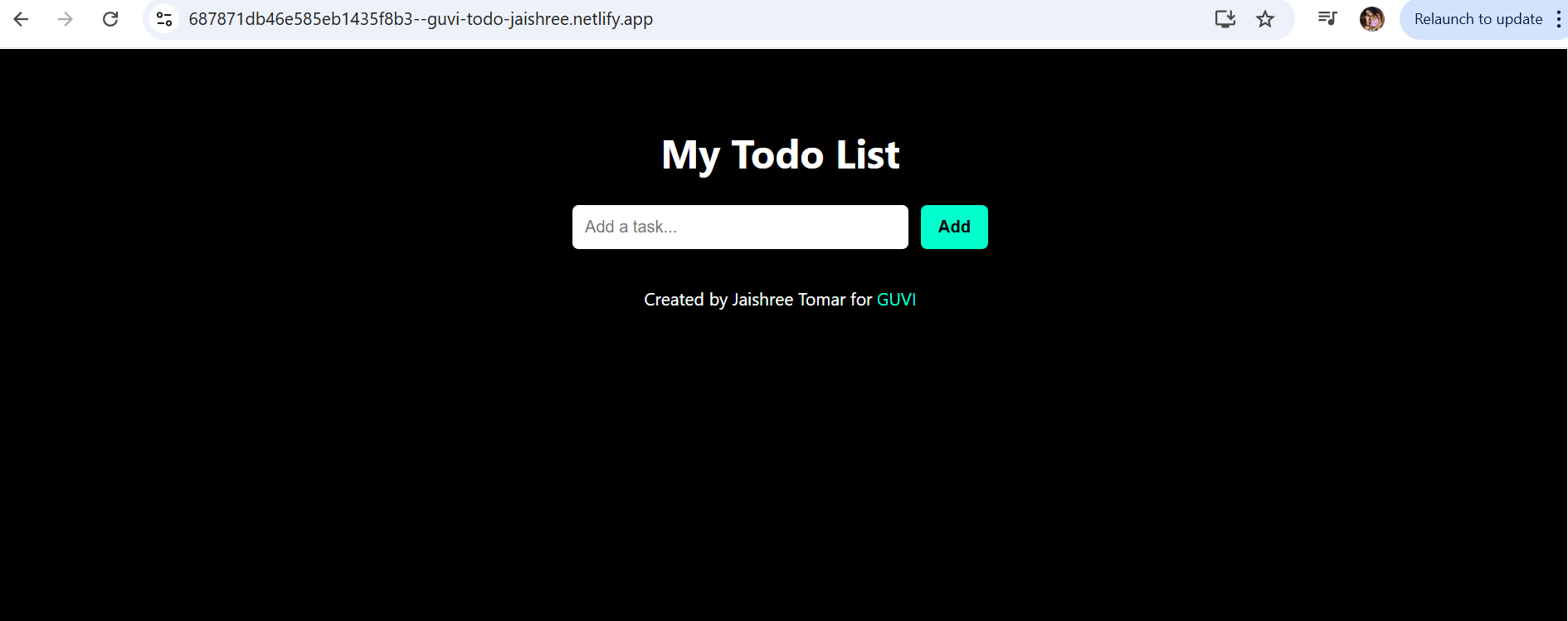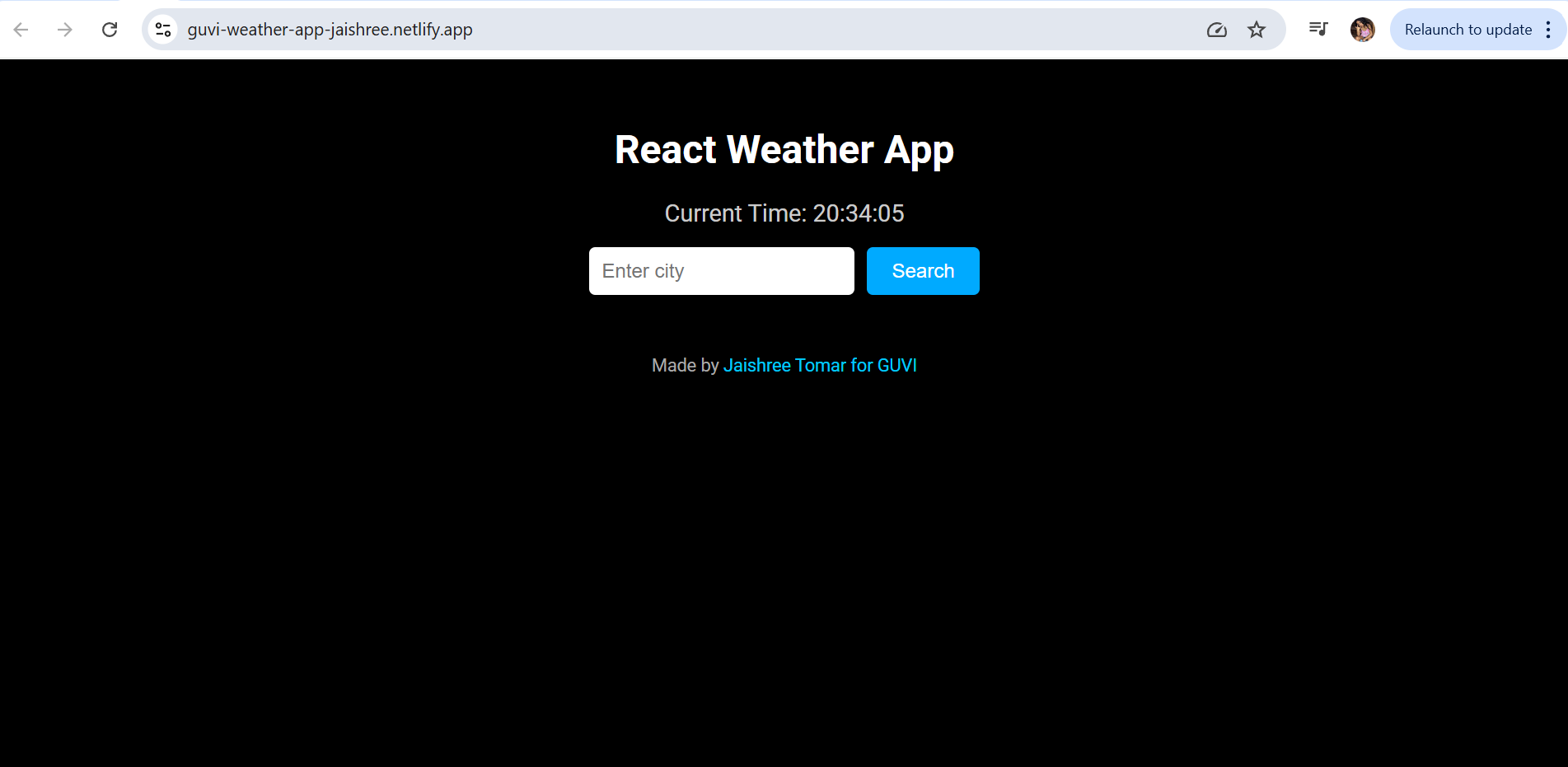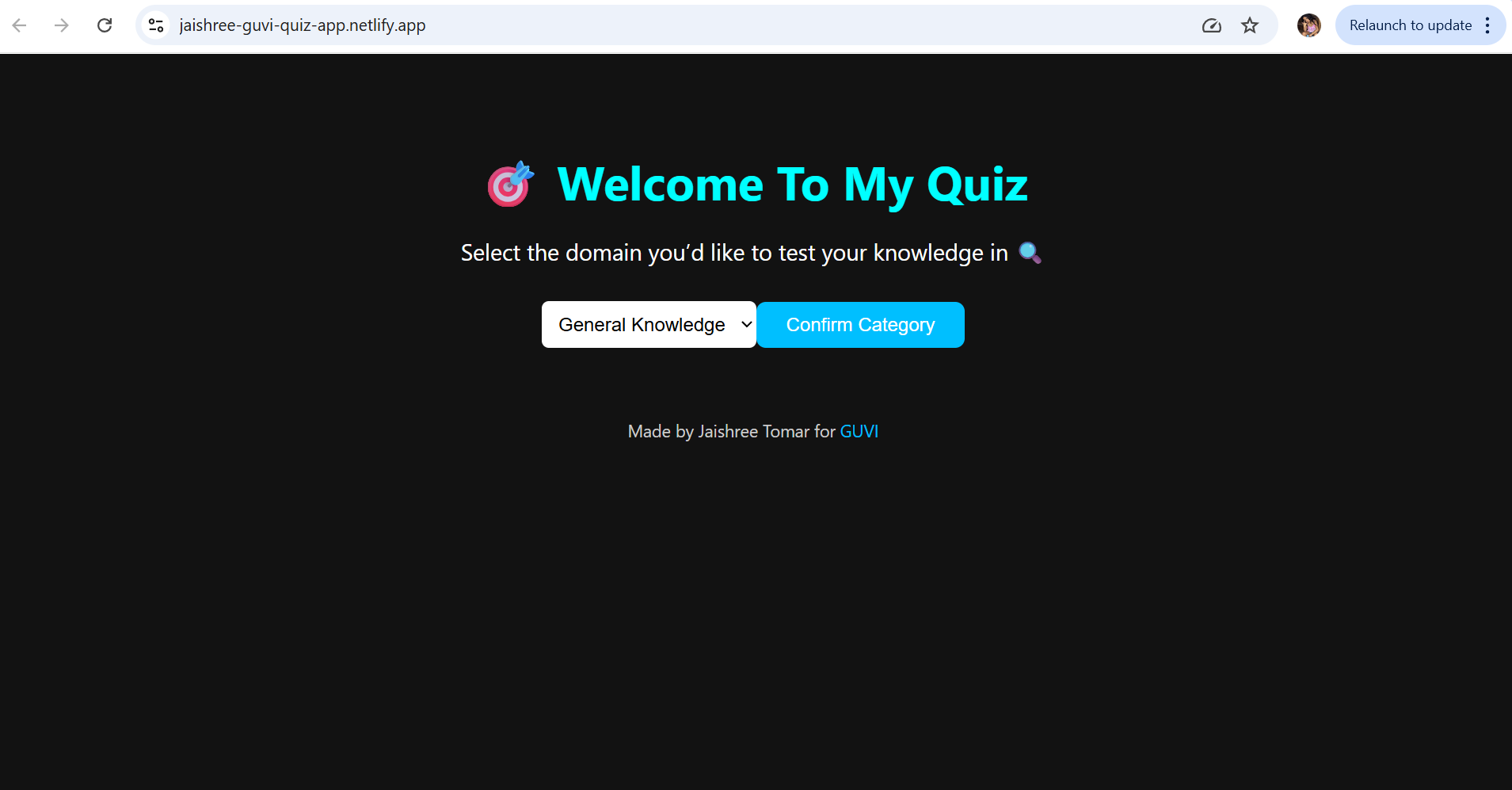try…except…finally in Python: Way to Handle and Manage Errors.
In Python, the 'try...except...finally' statement is an extended version of the 'try...except' statement that includes a 'finally' block. The 'finally' block is executed regardless of whether an exception occurred or not. It provides a way to define cleanup actions that must be performed, such as releasing resources or closing files, irrespective of the presence of exceptions.
In simple terms, 'finally' is like a compulsory question in exams that has to be attended no matter what and in the same way, whether there is an error or not, 'finally' block will get executed. Let's see the syntax and working of try…except…finally in Python.
Syntax of try…except…finally in Python:
The try…except…finally statement is similar to control flow statements like for loop or while loop and its syntax too is similar.
>>> try:
>>> # Code that might raise an exception
>>> # ...
>>> except ExceptionType1:
>>> # Code to handle ExceptionType1
>>> # ...
>>> except ExceptionType2:
>>> # Code to handle ExceptionType2
>>> # ...
>>> finally:
>>> # Code that always executes, regardless of whether an exception occurred or not
>>> # ...Working of try...except…finally in Python:
- The statements within the 'try' block are executed one by one.
- If an exception occurs during the execution of any statement within the 'try' block, the remaining statements within the block are skipped, and the control is transferred to the appropriate 'except' block.
- The exception is compared with the specified exception types in the 'except' blocks. If the exception matches any of the exception types listed in the 'except' blocks, the corresponding block is executed.
- After executing the except block, the control proceeds to the 'finally' block.
- The 'finally' block is always executed, regardless of whether an exception occurred or not. It is typically used for cleanup tasks and releasing resources that need to be performed no matter what.
- After executing the 'finally' block, the program continues its execution from the next statement after the entire 'try...except...finally' statement. If there is no 'finally' block, the program proceeds from this point.
Example Program for try…except…finally in Python:
>>> def divide_numbers(a, b):
>>> try:
>>> result = a / b
>>> print("Division result:", result)
>>> except ZeroDivisionError:
>>> print("Error: Division by zero is not allowed.")
>>> finally:
>>> print("Executing the finally block.")
>>> # Example usage
>>> divide_numbers(10, 2)
>>> divide_numbers(10, 0)In this example, we have a function 'divide_numbers' that performs division between two numbers. The 'try' block contains the code that may raise an exception, specifically a 'ZeroDivisionError' if the second number is zero.
In the first call to 'divide_numbers(10, 2)', the division is successful, and the 'except' block is not triggered. The program then proceeds to the 'finally' block, which is always executed. The output will be:
Output:Division result: 5.0
Executing the finally block.
In the second call to 'divide_numbers(10, 0)', a 'ZeroDivisionError' occurs since we're attempting to divide by zero. The exception is caught by the corresponding 'except' block, and an error message is printed. After that, the program proceeds to the 'finally' block. The output will be:
Output:Error: Division by zero is not allowed.
Executing the finally block.
In both cases, regardless of whether an exception occurred or not, the 'finally' block executes, ensuring that the cleanup or necessary actions specified in the block are performed.
This example demonstrates how 'try...except...finally' allows you to handle exceptions and execute critical code in the 'finally' block, ensuring that necessary cleanup or resource management tasks are always performed, even in the presence of exceptions.
Conclusion:
To conclude, the try...except statement in Python provides a robust and comprehensive approach to exception handling and resource management. The 'finally' block ensures that critical cleanup actions and resource management tasks are executed, regardless of whether an exception occurred or not.
I hope I explained this concept clearly enough for you to understand it completely. If you have any queries regarding this topic, put it down in the comments.






